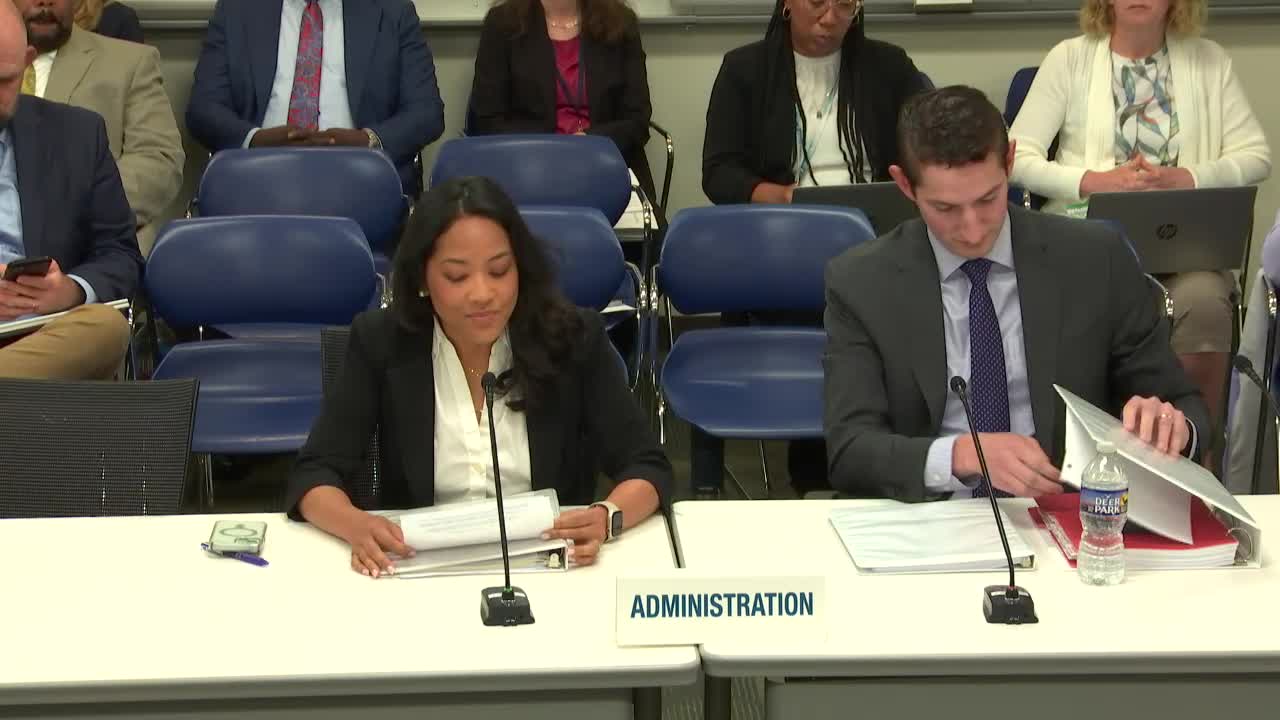Article not found
This article is no longer available. But don't worry—we've gathered other articles that discuss the same topic.
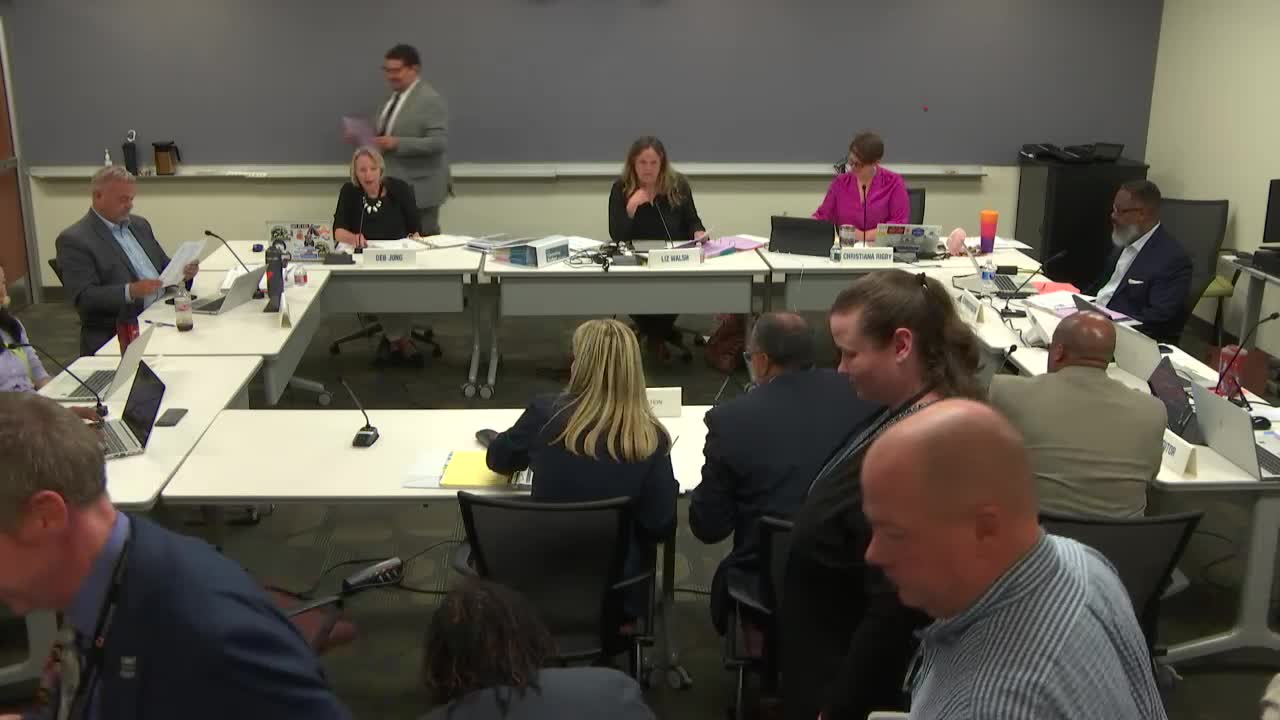
Council briefs: inspector general office funded for startup; staffing timeline discussed
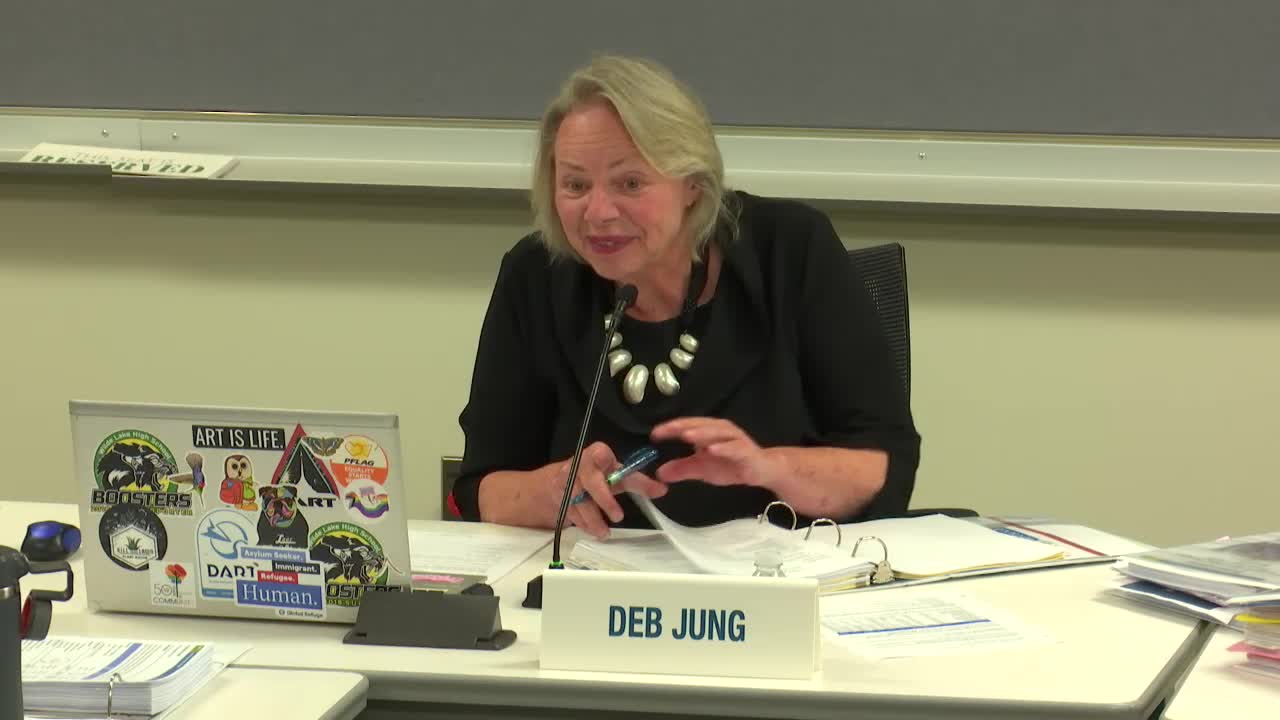
Council questions sustainability of disposable bag fee as grant revenue declines
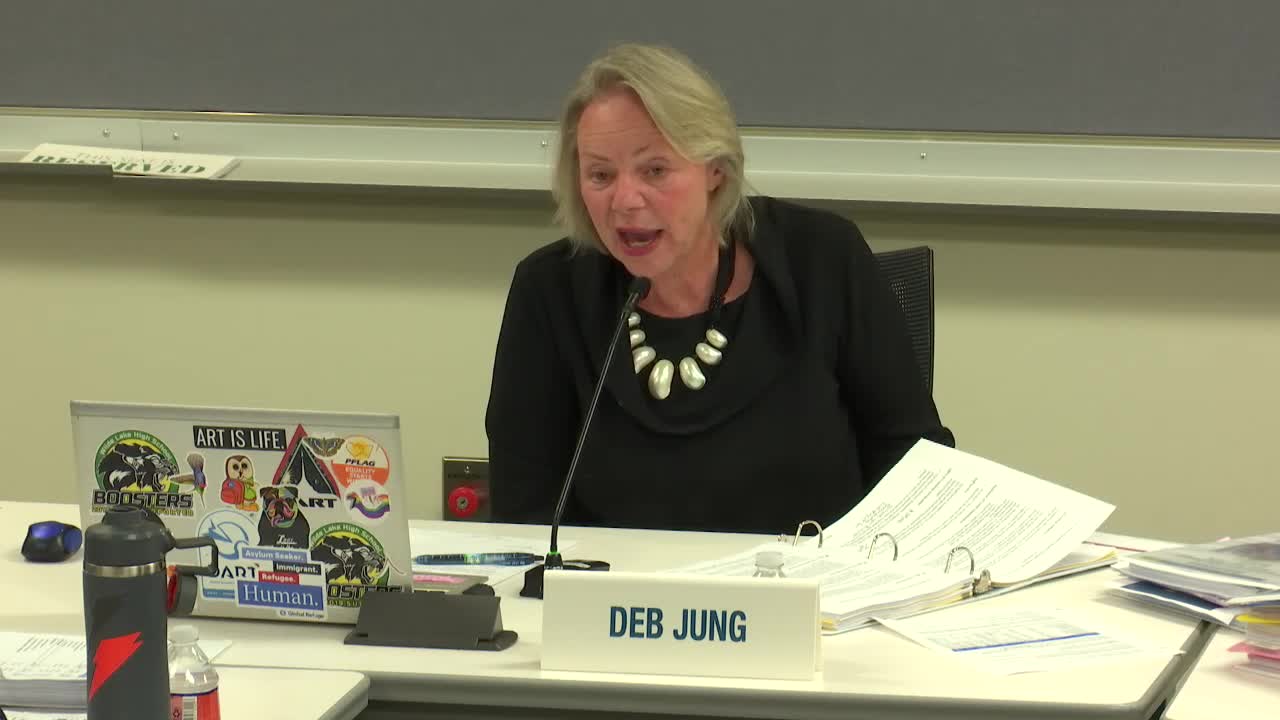
Council presses administration on use of fund balance, chargeback reductions and a plan of 60 business‑day building closures
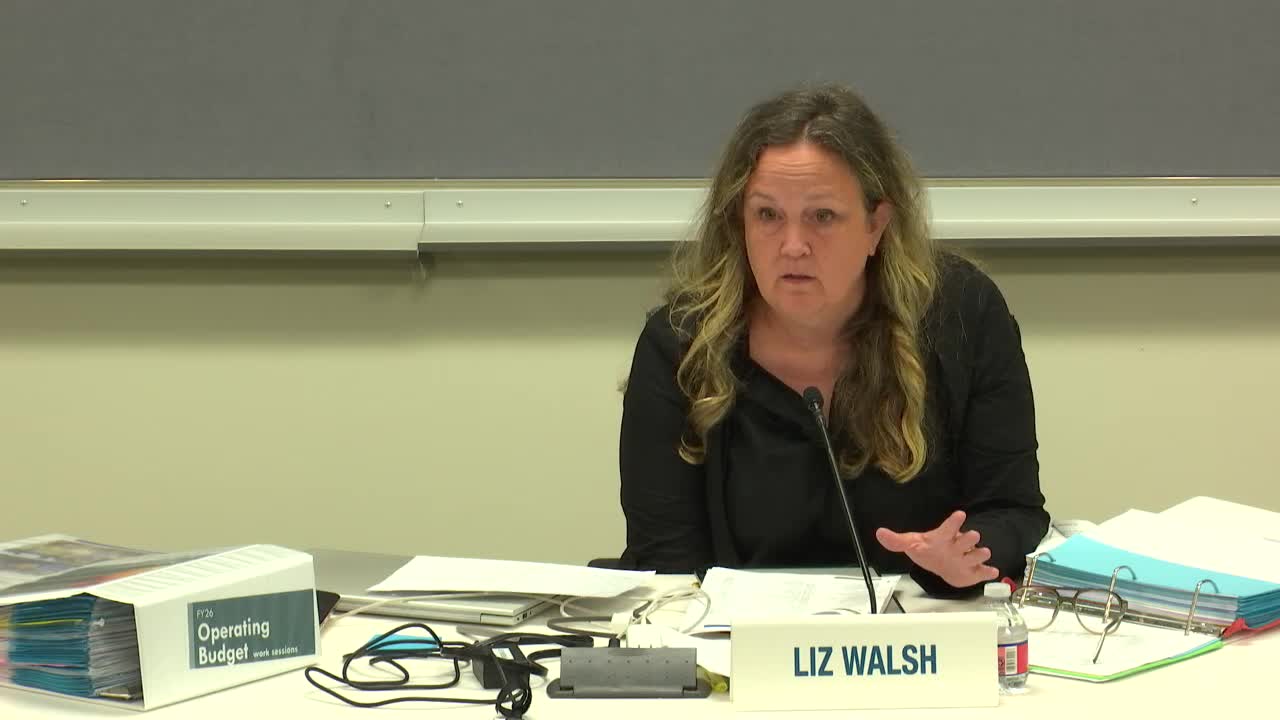
Officials say ARPA funds have been obligated; finance director explains why ARPA spending is not listed in operating budget
